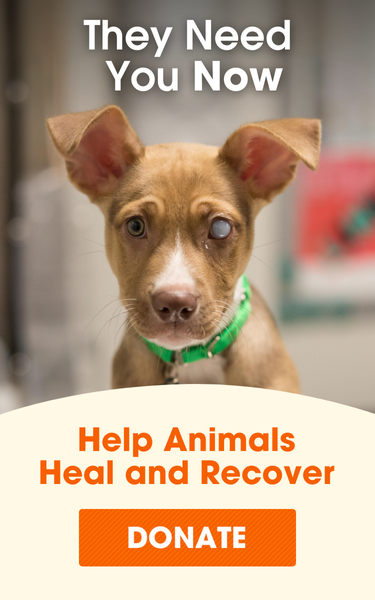
The Fungus Among Us: Mushroom Toxicosis

With thousands of different mushroom species, it can be difficult to determine which mushrooms are safe for pets and which are toxic. That’s why our experts at the ASPCA Animal Poison Control Center (APCC) are sharing these tips with pet parents! Check out these key points to remember with mushrooms:
When should I be concerned about my pet eating a mushroom?
Store bought mushrooms used for food for humans won’t cause issues for pets.
- If your pet got into mushrooms with psychoactive properties like magic mushrooms or mushroom edibles (often found in chocolate bars), you should seek the advice of your veterinarian or the APCC, as these would be a concern for pets to ingest.
- The majority of wild mushrooms are non-toxic, however, those species that are can cause severe signs depending on the species. We can see severe stomach upset, trouble breathing, seizures, damage to the liver or kidneys and even death. Check out the infographic below to see five of the more common toxic mushrooms.
What should I do if my pet eats a wild mushroom?
If your pet is exposed to toxic mushrooms, seek the advice of your veterinarian or the APCC immediately as a delay in treatment can be dangerous with some mushrooms.
- If the mushroom can be identified, specific risks can be determined. However, mushrooms are notoriously difficult to identify. It’s always best to rely on mushroom identification from trained professionals and experts in mycology (the scientific study of fungi).
What steps should I take to help prevent my pet from being exposed to these mushrooms?
Know the facts! Mushrooms are most prevalent in the spring to fall months, when weather tends to be warm, wet and rainy, but they can appear year-round in warmer climates or in areas with mild winters. Mushrooms are often found in wooded areas and lawns but they can grow almost anywhere.
- Mushrooms can appear quickly, sometimes overnight. If mushrooms grow in your lawn, take a few minutes to walk around your yard each day to ensure that all of the mushrooms have been removed prior to letting your pet out.
- The best way to keep pets from mushroom exposures is to prevent access from areas where mushrooms could be growing, and to supervise them when they are outside and on walks and hikes.
If you suspect that your pet has ingested something potentially toxic, please call your veterinarian or the ASPCA Animal Poison Control Center at (888) 426-4435 immediately.
